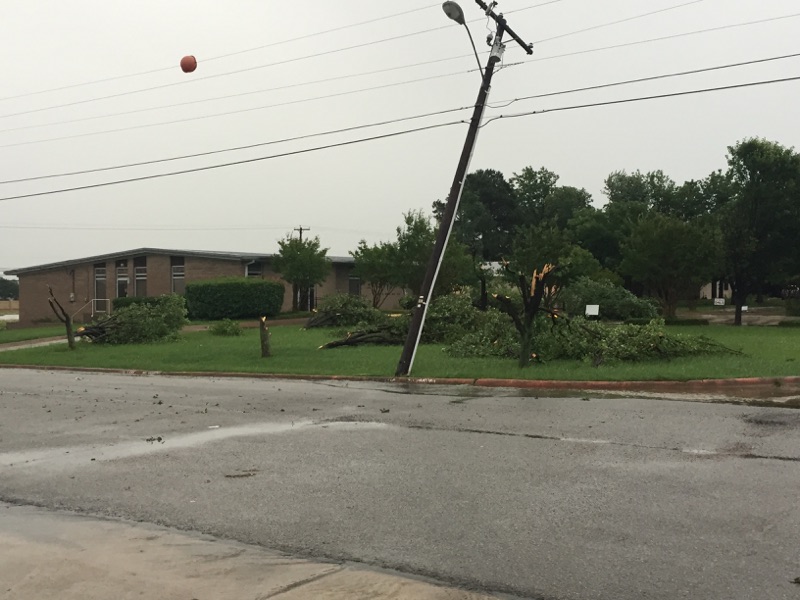Majority of Texans Say an Electrical Grid Failure Could Come This Summer
Nearly three years after Winter Storm Uri, Texans have little faith that the state’s electrical grid can weather the coming summer months.
Luca Cacciatore | June 21, 2024

A new poll from the University of Texas at Austin’s Texas Politics Project found that a majority of Texans believe an electrical grid failure could occur this summer.
Conducted between May 31 and June 9, the poll showed that 17 percent of Texans think a grid failure this summer is likely, with 34 percent saying it is somewhat likely. Another 29 percent of respondents said it was not too likely, nine percent said not at all, and 10 percent were unsure.
The results come roughly three years after Winter Storm Uri rocked Texas, causing power outages across the state. During the peak of the crisis, at least 4.5 million residents were left without electricity.
Now, some lawmakers, trade groups, and industry giants are sounding the alarm over the Electric Reliability Council of Texas, an organization that operates Texas’ unique independent electrical grid covering most, but not all, of the state.
During a June 10 hearing in the Texas House, Association of Electric Companies of Texas President and CEO Mark Bell defended ERCOT’s preparedness heading into this summer season but warned about future stressors.
“Already, we have seen a tremendous amount of storm activity, causing outages in every corner of our state,” explained Bell, “and we’re due for the most active Atlantic hurricane season that the NOAA [National Oceanic and Atmospheric Administration] has ever predicted, with as many as 25 named storms and 13 hurricanes.
“Data centers in the DFW [Dallas-Fort Worth] area; semiconductors in Central Texas; industrial electrification in the Houston, Beaumont, and Port Arthur areas; oil and gas electrification in the Permian [Basin]; and population and commercial growth throughout our state present significant challenges for generation, transmission, and distribution,” he added.
The accompanying legislative debate primarily centers on how Texas can strengthen the grid and whether Texas should incorporate its independent electrical grid with the rest of the United States.
On one side is U.S. Rep. Greg Casar, a Democrat from Congressional District 35, who has proposed federal legislation to nationalize the grid. State Sen. Bob Hall (R-Edgewood), meanwhile, has vocally opposed nationalizing the grid and has instead suggested other methods of ensuring its reliability and security.
On Wednesday, Energy Alliance Policy Director Bill Peacock penned a commentary where he attributed some of the state’s growing grid concerns to the costs of unreliable energy sources.
“Since 2014, the reliability of the Texas grid has collapsed as federal, state, and local subsidies for renewables averaged $2 billion a year,” wrote Peacock. “Over the next five years, subsidies for traditional and renewable subsidies are expected to average at least $6.4 billion.”
Securing the grid is a top Republican Party of Texas priority for the upcoming legislative session.
An overview of the priority specifically states the state should seek to ensure “the integrity of Texas electricity production and delivery of abundant, reliable, and resilient energy,” as well as ensure that “the Texas grid can withstand any natural or manmade threat to include weather, cyber, physical, electromagnetic pulse (EMP) and geomagnetic disturbances (GMD).”
This article originally published here.





